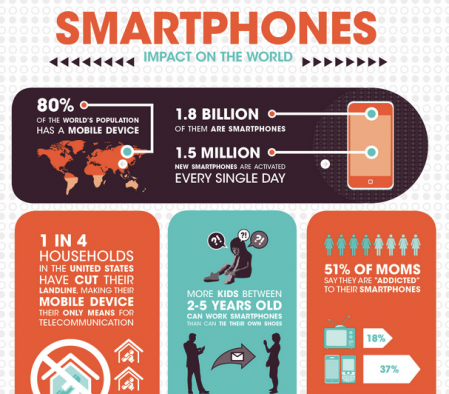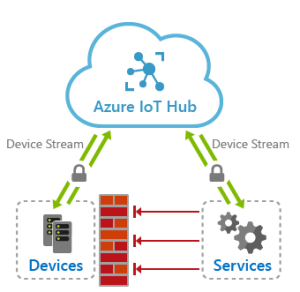
The Impact of Smartphones on Digital Marketing
Introduction
In today’s technology-driven world, smartphones have become an integral part of our daily lives. With their increasing popularity, these powerful devices have had a significant impact on various aspects of our lives, including the field of digital marketing. In this article, we will explore the transformative effects smartphones have had on digital marketing strategies and consumer behavior.
1. Mobile Optimization
Smartphones have forced businesses and marketers to adapt and create mobile-friendly websites and applications. With the majority of internet users accessing the web through their smartphones, having a mobile-optimized online presence has become crucial. Websites that are not optimized for mobile may suffer from slow loading times, distorted layouts, and a poor user experience, resulting in a loss of potential customers.
2. Rise of Mobile Advertising
The widespread use of smartphones has given rise to mobile advertising, which has become an effective way for businesses to reach their target audience. With smartphone users spending hours daily on their devices, there is a vast potential for marketers to deliver targeted ads through various mobile channels. Mobile advertising allows companies to reach users in a more personal and intimate way, increasing the chances of capturing their attention and converting them into customers.
3. Location-Based Marketing
Smartphones have GPS capabilities that enable businesses to implement location-based marketing strategies. By utilizing a user’s location data, marketers can deliver personalized and location-specific advertisements. For example, a restaurant can send notifications to nearby smartphone users about exclusive discounts or special promotions. This level of targeted marketing increases the likelihood of a user engaging with the advertisement and driving foot traffic to the business.
4. Social Media and Influencer Marketing
Smartphones have revolutionized the way people interact with social media platforms. The convenience of accessing social networks anytime and anywhere has created new opportunities for digital marketers. Brands now collaborate with social media influencers who have a significant following on platforms such as Instagram and YouTube to promote their products or services. These influencers have built a loyal audience on their smartphones, making influencer marketing an effective avenue for businesses to expand their reach and drive conversions.
5. Mobile Apps and Push Notifications
The proliferation of smartphones has led to the exponential growth of mobile applications. Businesses now develop dedicated mobile apps to enhance user experience and engage with their customers directly. Push notifications, a feature commonly used in mobile apps, allow marketers to send targeted messages to users’ smartphones, increasing engagement and driving conversions. Whether it’s notifying users about a flash sale or sending personalized recommendations, apps and push notifications have become vital tools in a marketer’s arsenal.
Conclusion
Smartphones have undeniably transformed the landscape of digital marketing. From the necessity of mobile optimization to the rise of mobile advertising, location-based marketing, social media influence, and the utilization of mobile apps and push notifications, businesses and marketers must adapt their strategies to meet the needs and expectations of smartphone users. To succeed in the modern digital landscape, understanding and harnessing the power of smartphones is crucial in delivering impactful marketing campaigns.

